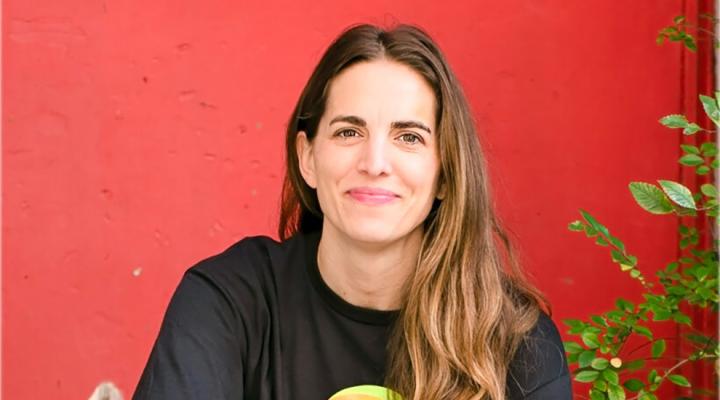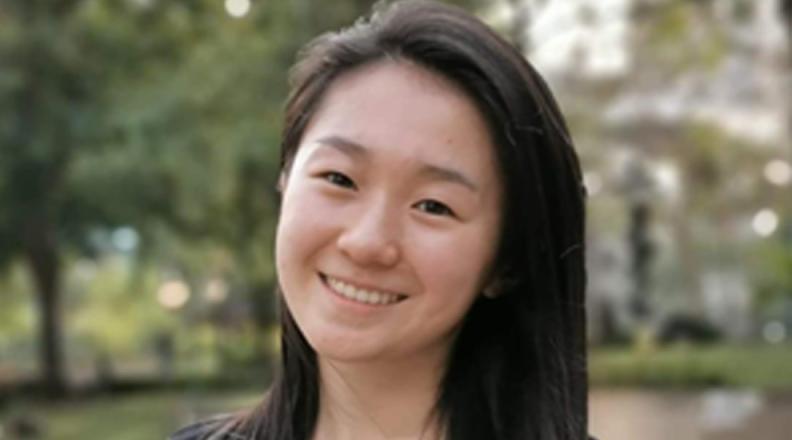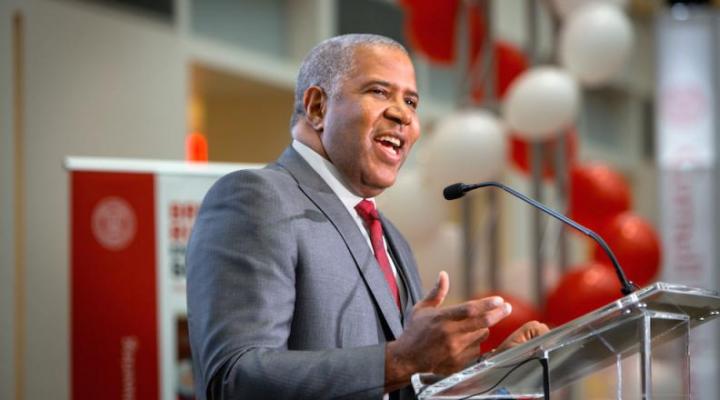That’s the question, Leah Zhao ‘24, investigated for her capstone project as an M.Eng. student in the Smith School of Chemical and Biomolecular Engineering. The project was divided into two main sections, one investigating geothermal baseload heating options and the other exploring biomass peak heating options to provide a techno-economic analysis of a combined heating system. Zhao's focus was on comparing different versions of geothermal systems, including ground source heat pumps and Earth Source Heat - Cornell’s name for a unique, deep geothermal system.
Earth Source Heat incorporates the direct use of heat at depths underground of around 10,000 feet. Here, wells would be used to circulate water deep underground, extracting the Earth’s thermal energy, which is then transferred to the campus. Ground source heat pumps are at much shallower depths (1,000 feet) and involve the drilling of thousands of shallow boreholes underneath the campus to extract heat. Both options offer a more sustainable, less emission-intensive alternative compared to the current natural gas-fired combined cycle cogeneration system, but their feasibility and financial considerations require careful consideration.
Zhao's work involved modeling the performance of the geothermal systems under various scenarios to meet a baseload demand. From the modeling, she was able to develop capital and operational costs, ultimately providing recommendations on the most optimal system from technical, economic, and environmental standpoints.
Reflecting on the project’s progress, Zhao notes, “While this project is far from finished, Cornell is still actively discovering new information about the ground beneath us and what it takes to be able to use it for heating. I have now helped to lay the foundation of work to evaluate and hopefully design a carbon-neutral heating source for the Ithaca campus."
Beyond this research, Zhao also highlights how the M.Eng. program has been instrumental in her academic and professional development. "The curriculum offers both breadth and flexibility. It enables me to pursue my interests across a variety of disciplines, both within and outside of chemical and biomolecular engineering," she explains. "Also, the support and mentorship I received from the faculty were invaluable. Professors have provided guidance in and out of the classroom, helping me make key decisions about the next steps in my career."
Zhao will receive her M.Eng. degree later this month and is already preparing for the next chapter in her career as a research and development engineer at PepsiCo, where she hopes to make an impact with the technical expertise and professional skills gained during her time as an M.Eng. student.






